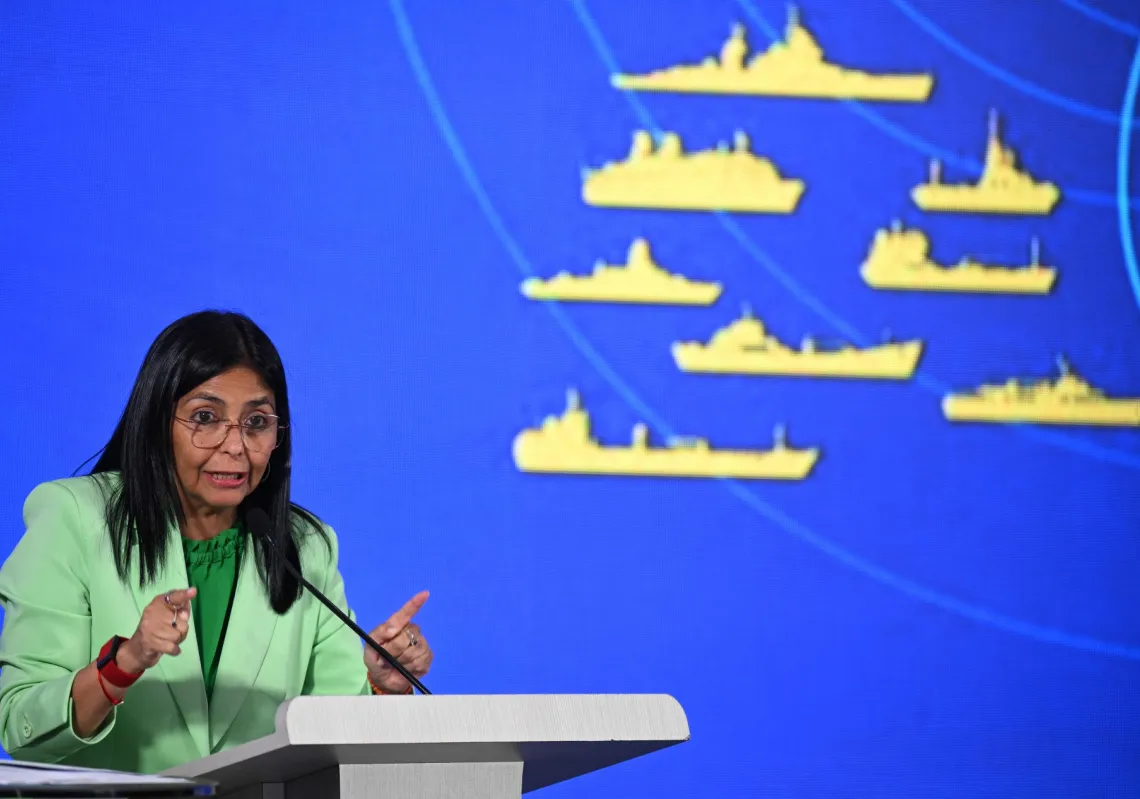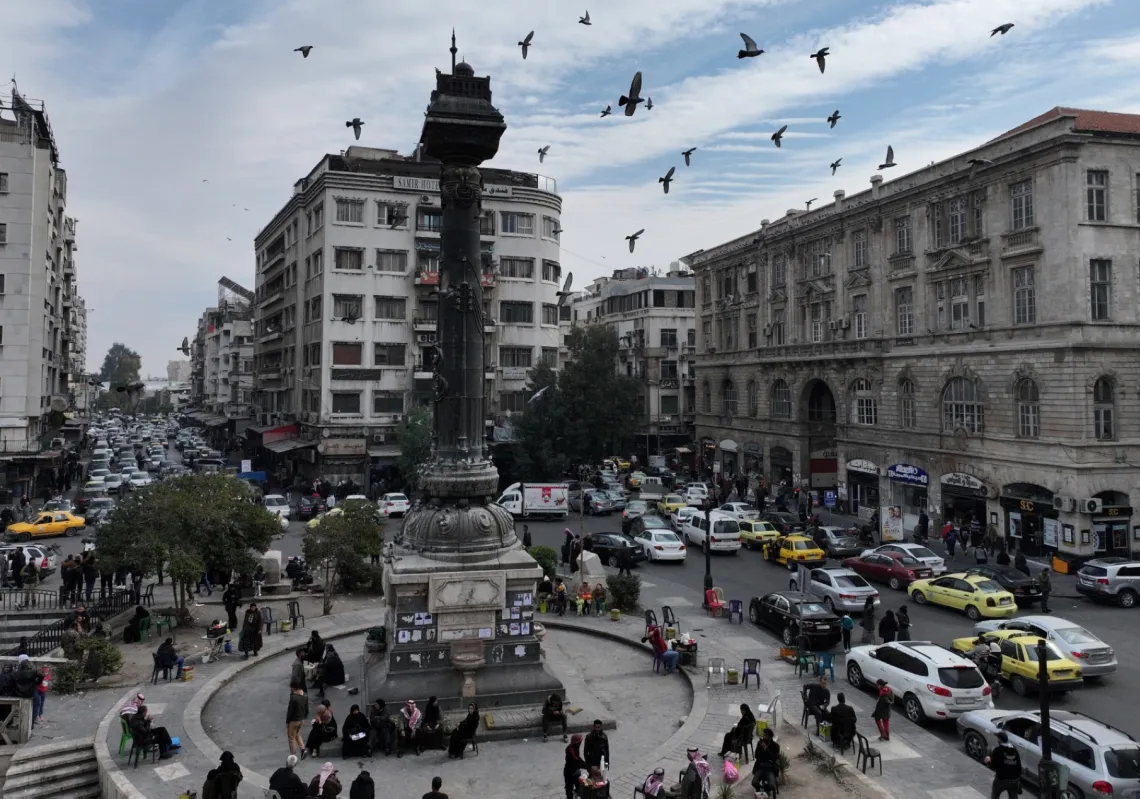Arab States, like most sovereign entities, do not want others to intervene in their internal affairs, even if they were on the verge of losing control of problems threatening their national security. There is a lack of trust in such circumstances, particularly because of the lack of stability already in place. The only case in which Arab States can accept intervention, is when neighbouring or powerful countries support their way of managing a crisis. Such kind of behaviour might create a critical situation for the threatened country, since external parties might have a different understanding of the ongoing crisis. This is the common "rule of engagement" which is understood in most Arab capitals.
Yet every time an Arab nation faces an internal crisis caused by armed groups, this "rule of engagement" is re-tested. This appears to be the case in the current situation in Yemen. What is happening in Yemen cannot be considered solely an internal Yemeni issue, at least for major Arab powers like Saudi Arabia and Egypt. Yemen is a geographic neighbour to Saudi Arabia and strategic neighbour to Egypt. Ignoring what is happening in Yemen might cause both external parties to face serious threats to their own national security and national interests. Saudi Arabia will find itself facing a problem similar to that which Egypt faces with "Gaza". The Saudi-Yemeni border, which stretches for 1,500 km, will become a theatre of military operations.
Indeed, estimates of how Egypt and Saudia Arabia might deal with developments in Yemen have never been simple. It is clear that both Riyadh and Cairo hoped that the Yemeni government would be able to deal with the problems it faces, with respect to both the Houthis in the north, or the separatists in the south. In addition, Cairo and Riyadh have been monitoring with great concern the increasing scope of activities of al-Qaeda in Yemen, and the piracy activities committed by some Yemenis in the Gulf of Aden. Their worst nightmare was that Yemen would become a "failed state". Despite the doubts and suspicions of many Yemenis regarding the intentions of neighbouring States, important sources in the two countries confirm that the stability and normalcy of Yemen has always represented a strategic interest for Egypt and Saudi Arabia.
Consequently, the prevailing conviction in the two countries which has not been explicitly expressed is that the cost of ignoring the situation in Yemen will be disastrous. Saudi reports on smuggling across its southern border with Yemen demonstrate why Riyadh thought of building a "wall" between its border with Yemen. Egypt has taken similar precautions as well. In 1993, for example, there was a plot in Yemen to assassinate one of the most famous Egyptian prime ministers, Dr. Atef Sedki. Consequently, Egypt suspended the telephone calls between the two countries, after many Jihad and Egyptian Islamist Group's elements established a base in Yemen. In addition, the Iranina factor further destablizes Yemen from the perspective of both Egypt and Saudi Arabia.
But the two capital cities also understand perfectly that the cost of intervention in Yemen might be huge, to the extent that this option might appear feasible only in theory. The reason behind this understanding is simple and very convincing: both countries have had a first-hand experience intervening in Yemen, with negative results. Egypt intervened militarily in Yemen during the sixties, and the results have made officials reluctant to become involved in Yemeni affairs. Saudi Arabia has also been rumoured to have tried to influence the war in Yemen in 1994. The implications of its acts were disastrous. Usually there is not much talk in the Arab region about those sensitive experiences, but the critical point is that no one wants to be directly involved, even if they were asked to do so officially.
Yemeni official Sources in Sanaa reject potential intervention in the country. Three states are referred to in this regard. For the two Arab countries, Egypt and Saudi Arabia, it is quite clear that they support the Yemeni government's stance toward the Houthis in order to promote stability within Yemen and especially near its borders. These two countries support Sanaa by providing Yemen with advice and mediation with regard to its problems in the South. However, these are allegations and there is no clear evidence that either country is providing concrete support. The third country associated with intervention in Yemen is Iran, whose involvement is more evident as opposed to that of Saudi Arabia and Egypt.
But a question persists here, that no one in Cairo or Riyadh is willing to answer: What will happen if the situation in Yemen collapses? If the state loses control of the situation? If Sanaa turns a deaf ear on the friendly countries' appreciation of the aggravating circumstances? Or if Washington – that is on the alert to deal with any bad scenarios which would emerge in Yemen – starts to change its stance? In this respect, no one claims to have a specific answer. Yet, the logic that extensive interference is not on the agenda suggests that the rational decision is to prevent such possibilities from occuring in the first place. Both Egypt and Saudi Arabia seem to insist upon this commitment . Again, Yemen appears to be too valuable to be left alone in this tragic situation.
Dr. Mohamed Abdel-Salam
- Director of the Regional Security Program, Center for Political and Strategic Studies, Al-Ahram, Cairo.








